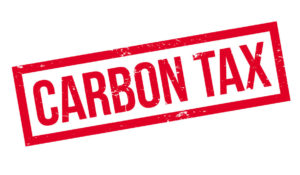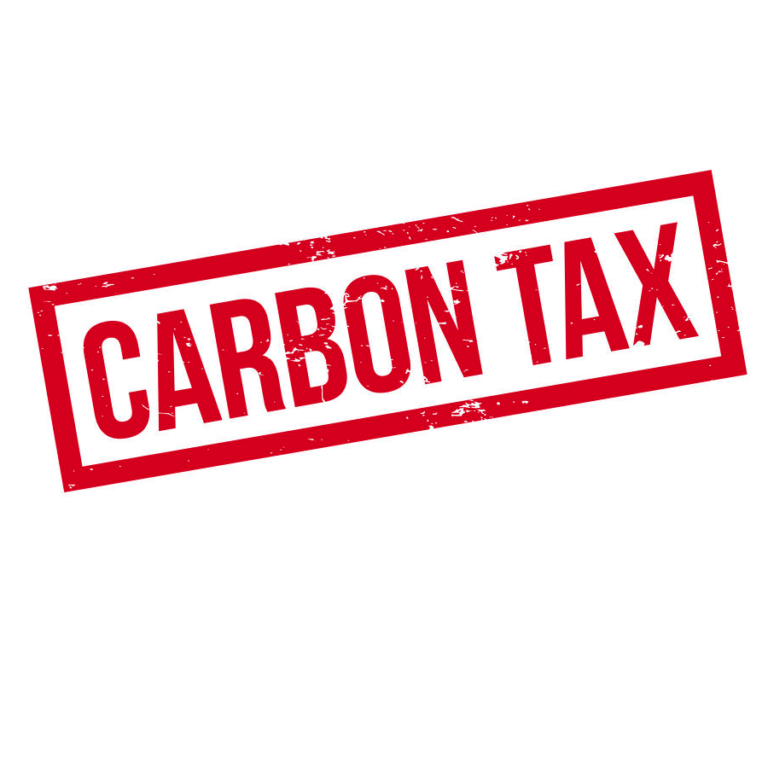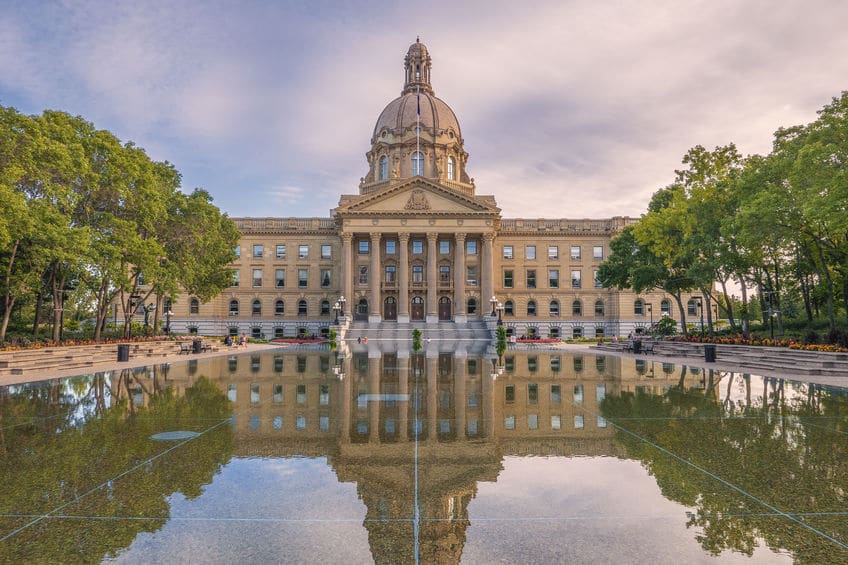Share on twitter
Share on facebook
Share on linkedin
Share on email

Ottawa’s carbon tax increases the cost of nearly everything New Brunswickers buy, from bananas to diapers. The workers who transport these goods, and a majority of Canadians, share concerns about the increased costs of the carbon tax rippling through the economy.
The reason the cost of everything is going up is that transporting goods from point A to point B has become more expensive thanks to the new carbon tax on gasoline, diesel and other fuels. In April, the New Brunswick government released a video profiling the trucking industry in the province.
“It will have an immediate impact on our business, the new carbon tax,” said Vaughn Sturgeon, president and CEO of trucking company The Warren Group. “It’s going to add six figures of cost a year to what we do as a small and midsize employer in New Brunswick.
“There’s no way for us to recover this cost except to pass it on to the New Brunswick consumers.”
The Atlantic Provinces Trucking Association also spoke out in the video. “The impact to our industry with the new carbon tax is obviously an added cost that most people didn’t budget for,” said executive director Jean-Marc Picard. “The ones who are going to pay the most are consumers … Everything will be more expensive now.”
The concern over the carbon tax for the trucking industry in New Brunswick is understandable. In a rural province, we simply need to transport most goods. For the job creators in this industry, the impacts were real, and consumers will get hit twice.
On top of the direct costs, the impacts of Ottawa’s carbon tax on competitiveness, wages and employment has Canadians concerned.
Recently, SecondStreet.org hired Nanos Research to conduct some polling on carbon taxes. The data showed that Canadians are twice as likely to say carbon taxes will make Canada’s business environment less competitive (39 per cent) than more competitive (18 per cent). Canadians here in Atlantic Canada were among the most likely to express this concern.
Canada’s direct competition with the world’s largest economy, the United States, makes cost increases imposed by government additionally challenging. Workers are more mobile than ever, and New Brunswick companies are having to compete with American companies that don’t have to pay a carbon tax.
Good jobs could keep more workers in the province, but the same polling data shows Canadians are concerned about the impact of the carbon tax on jobs. A majority of Canadians (58 per cent) think carbon taxes will make it harder for businesses to pay their workers or hire new ones, versus those who believe it will have no impact (33.5 per cent).
These concerns are consistent with the findings of a member survey conducted by the Canadian Federation of Independent Business in 2019, which found that 87 per cent of small businesses in New Brunswick, Manitoba, Saskatchewan and Ontario do not support Ottawa’s carbon tax.
A majority of these businesses could not pass the costs onto consumers in the short to medium term, meaning it could instead come at the expense of job creation, wages or new business growth.
It’s federal election season and the carbon tax issue is likely to become steeped in rhetoric. But from the truck driver to the restaurant server, Canadians’ concerns about Ottawa’s carbon tax are real and widespread. In New Brunswick, taxpayers and businesses are picking up the tab while their competitors in other nations are not.
Paige MacPherson is a contributor to SecondStreet.org and is the Atlantic Director of the Canadian Taxpayers Federation.
This column was published by the Telegraph-Journal on August 22, 2019
Share on facebook
Share on Facebook
Share on twitter
Share on Twitter









